In late May, 10 University of Maryland students — eight from the Philip Merrill College of Journalism — gathered their belongings in Knight Hall and departed for Rwanda and Senegal. The Shirley Povich Center for Sports Journalism’s first international course took student journalists abroad for 12 days, during which time they reported personal stories, immersed themselves in the vibrant culture of the two African countries — and created a documentary film.
Reporters filmed at NBA Academy Africa in Saly, Senegal, and the Basketball Africa League championship in Kigali, Rwanda, but had limited time to do it. The documentary, “From Africa: Pathways to the NBA,” featured the journeys of academy athletes from across Africa, highlighting their efforts to earn a spot playing basketball in college or the pros. Interviews with players, staff, teachers and family offered insight into their commitment to both basketball and education, and how their dreams can become a reality.
“We had three days of filming for the documentary, but of actual filming about a day and a half,” said Merrill College senior Alexa Wootten, co-director of “From Africa.”
Working on tight deadlines while adjusting to the culture in Senegal and Rwanda, the students relied on each other.
“The biggest thing I learned was collaboration,” said Merrill College senior Jenna Bloom, co-director of the film. “By the time we arrived at the academy, Alexa and I needed to plan the interviews, and everyone was so helpful in making sure the interviews happened.”
Bloom and Wootten, along with the eight other students in the course, reported a variety of stories during their time in Africa, which were published by Capital News Service, Merrill College’s student-powered news outlet:
“In Africa, NBA’s investment and ambition far outstrip other U.S. pro leagues,” by Sam Jane (also published by The Baltimore Banner)
“Watch an NBA Finals Game with Africa’s top basketball prospects,” by Sam Jane
“NBA Finals inspire players at NBA Academy Africa,” by Brendan Weissel
“Baltimore to Angola: Nick Faust’s basketball journey,” by Sam Jane (also published by The Baltimore Banner)
“Baltimore native Nick Faust doesn’t let disappointments stand in the way of his basketball career,” by Alexa Wootten
“From D.C. to Dakar, basketball connections stretch over the Atlantic,” by Max Schaeffer
“Dealing with diabetes: African prospect balances condition with NBA dreams,” by Sam Jane
“NBA Academy Africa stresses fundamentals in developing talent,” by Alexa Wootten
“At NBA Academy Africa, academics prepare students for life beyond basketball,” by Katelyn E. Foltz
“How NBA Academy Africa fuels the future of basketball,” by Brendan Weissel
“NBA Academy Africa newcomers find common ground in unfamiliar world,” by Cooper Fojas
“Five things to know about the NBA Academy Africa,” by Matthew Neus and Brendan Weissel
“At NBA Academy Africa, a commitment to supporting the youngest players,” by Matthew Neus
“African basketball’s changing of the guard,” by Max Schaeffer
“BAL Championship: Playing with pride,” by Alexa Wootten
“Club Rafiki: Where basketball dreams flourish,” by Brendan Weissel and Jenna Bloom
“African-born NBA players focus on advancing the game,” by Sam Jane
“Basketball is booming in Africa, but court access lags,” by Sam Jane
“BAL Championship: A long time coming,” by Alexa Wootten
“From drums to dancing, BAL fans bring passion to finals,” by Jenna Bloom
“Five things to know about the Basketball Africa League,” by Alexa Wootten and Max Schaeffer
“Five things to know about sports in Rwanda,” by Edward Rizkalla and Brendan Weissel
“Five things to know about Kigali,” by Jenna Bloom and Katelyn E. Foltz
Landing page: https://cnsmaryland.org/basketball-in-africa/
Journalists just have to ‘get it done’
Each Merrill College student on the trip had their own camera, but they had to change their reporting plan on the fly.
“We knew right away that we wanted to interview every single athlete at the academy — 22 in total — so once they let me know that I could interview everybody, we planned to run around the gym to get everybody at once,” Wootten said. “Then the rep said two interviews at a time, so we scratched that idea.”
The backup plan involved setting up two cameras, one for interviews with players shooting around, and the other for sitdown interviews with coaches and teachers at the academy.
“I don’t think we put the camera down the entire time,” Wootten said. “The camera could only shoot 20 minutes at a time, so we carried a 48-pack of batteries with us ready just in case the microphone died.
“It wouldn’t have been possible to film without our fellow students.”
Junior Brendan Weissel shared what made the group cohesion so effective.
“In the documentary, you would see one person being interviewed. But what you didn’t see is the three students behind each interview,” Weissel said. “One person is running the audio, someone is asking the question, someone is controlling the camera, even capturing B-roll outside the academy.
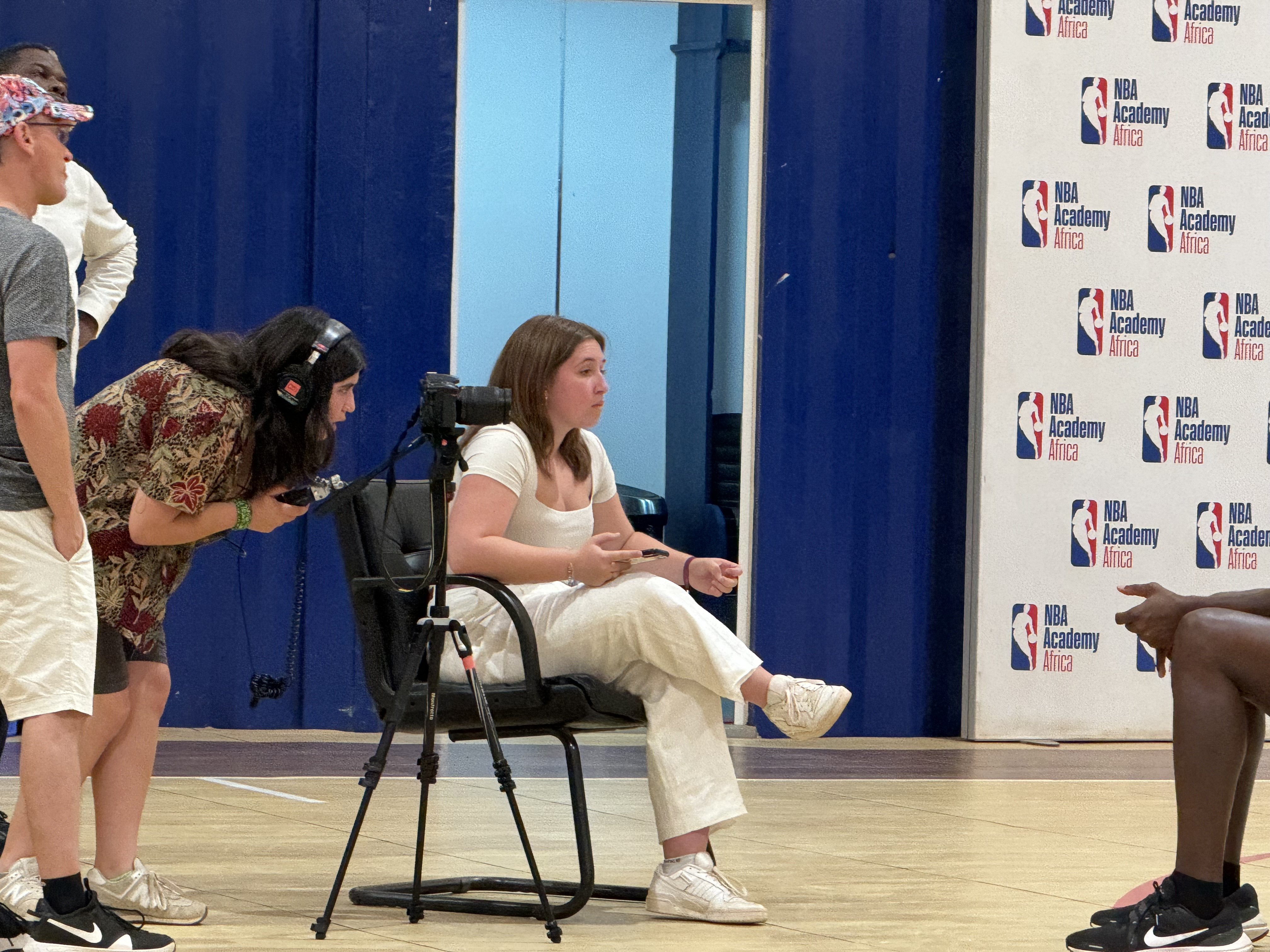 “Everyone had reporting useful to the documentary, even if you had no shots or interviews that made the cut.”
“Everyone had reporting useful to the documentary, even if you had no shots or interviews that made the cut.”
Povich Center Director Mark Hyman, who led the course alongside Merrill Broadcast Production Lecturer Nathan Stevens, said the group’s pitch meetings were held every day at their hotel to discuss new story ideas and to prepare for adjustments.
“We discussed with students that there would be a plan every day, but it was almost certain plans would change,” Hyman said. “That’s the nature of what we do as journalists.”
The plan was simple: observe an unfamiliar country and brainstorm the next day’s stories. However, adjusting plans live and reacting accordingly was not as simple.
“Stories that we had not expected suddenly become very important stories that day,” Hyman said.
In addition to contributing to the documentary, students worked on their own individual stories.
“Trying to balance activities while being reporters was a challenge,” Weissel said. “There was one day where I left Dakar, Senegal, at 7 a.m. that morning and returned to our hotel room the next morning at 4 a.m.”
Hyman described the reporting timeline as a “double track,” with students completing daily stories in a 24-hour window while also working on long-form, more deeply reported stories.
Filming documentary footage, reporting personal stories and enjoying a foreign country at the same time provided an experience the students said was an important step toward what they will encounter when they become professional journalists.
“In journalism, just get it done. There’s no ifs, ands or buts about it,” Bloom said.
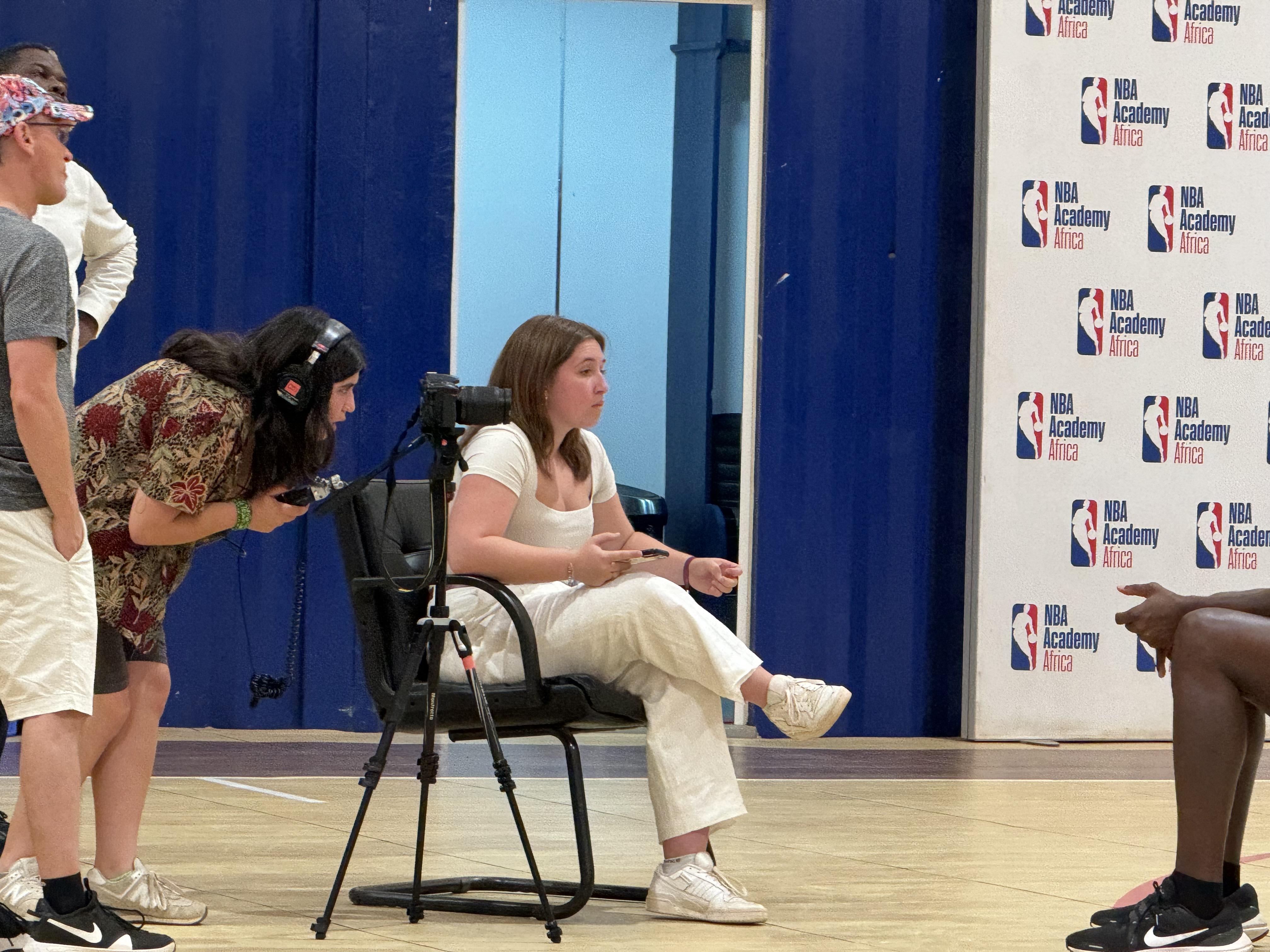
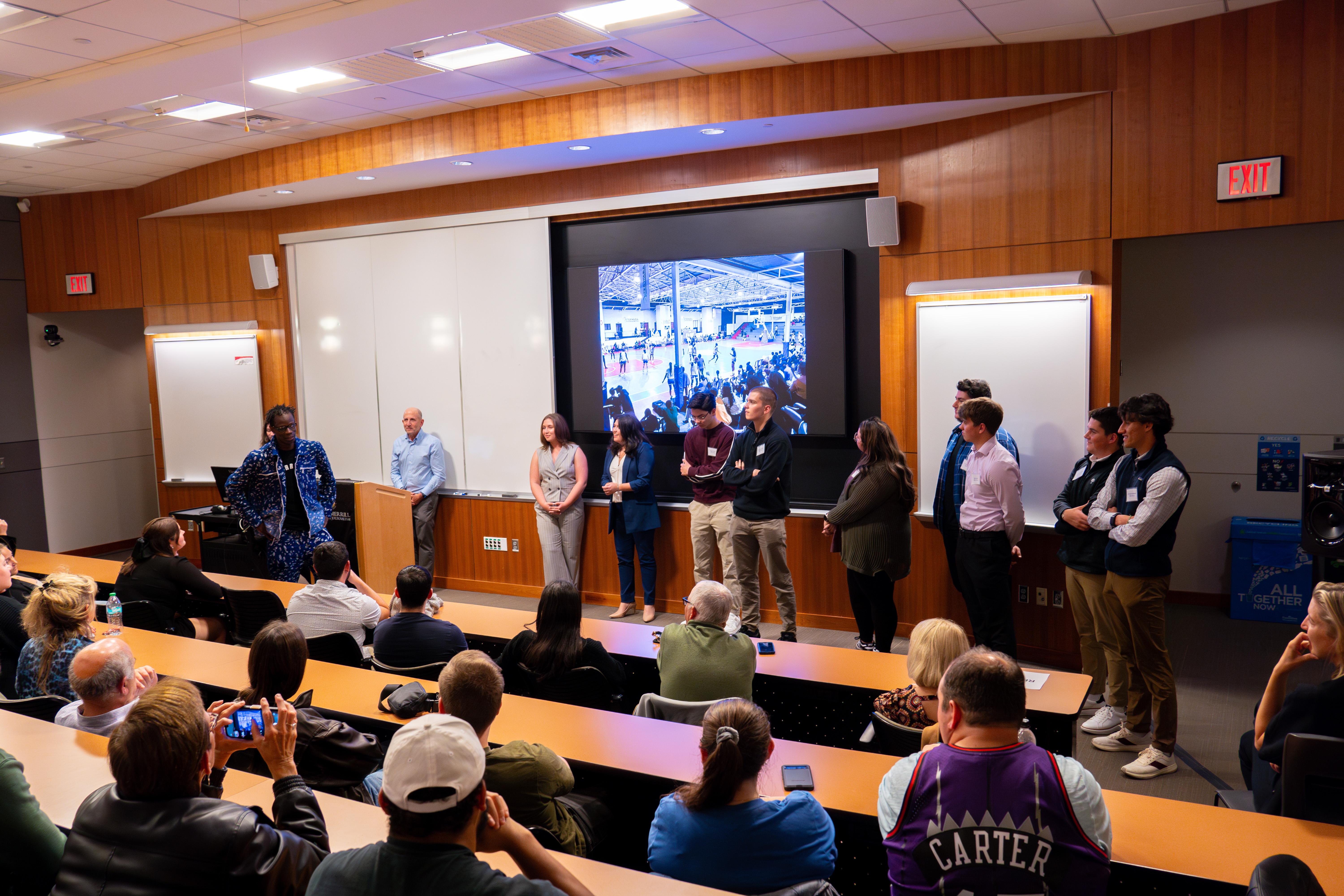
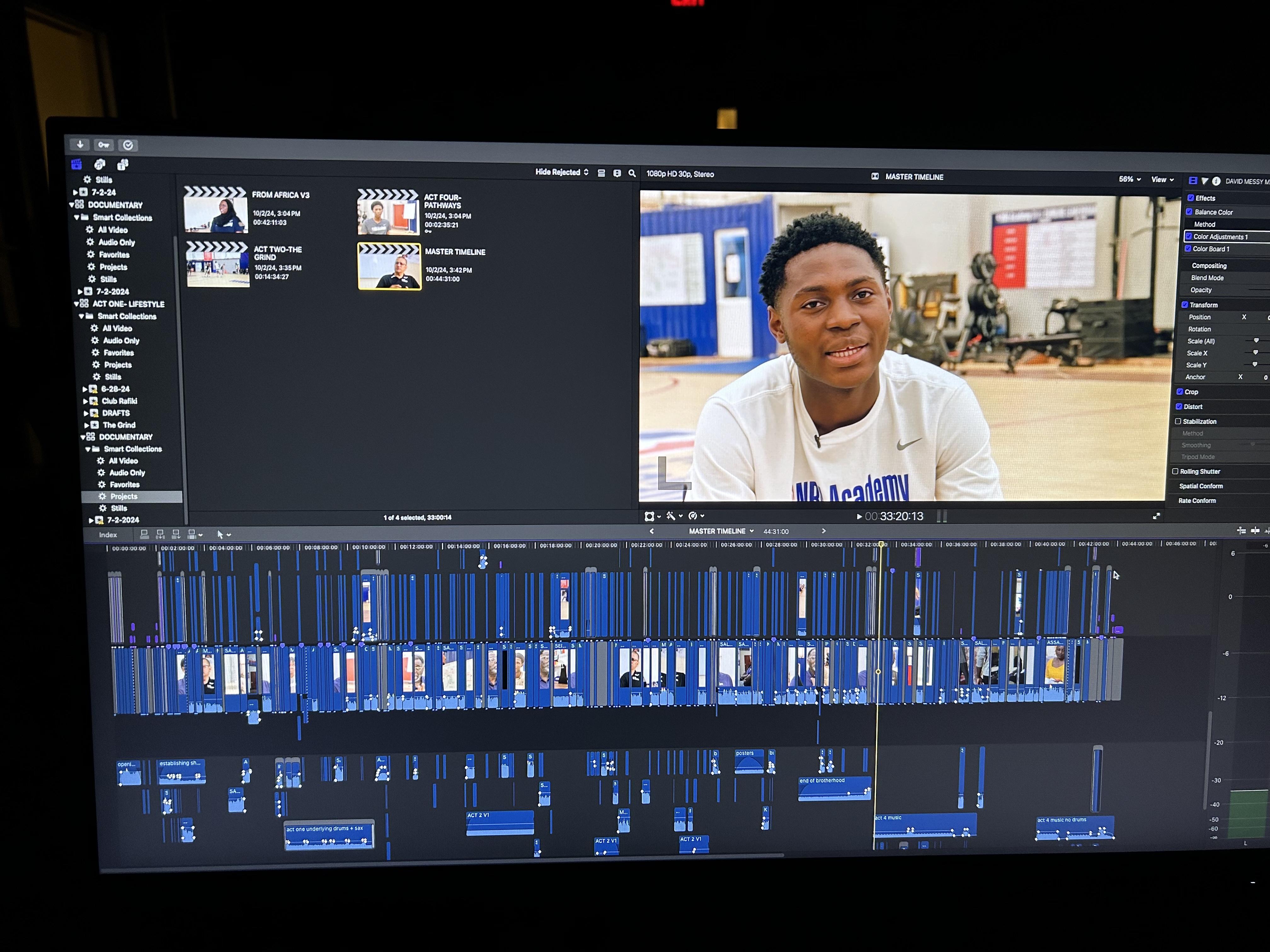
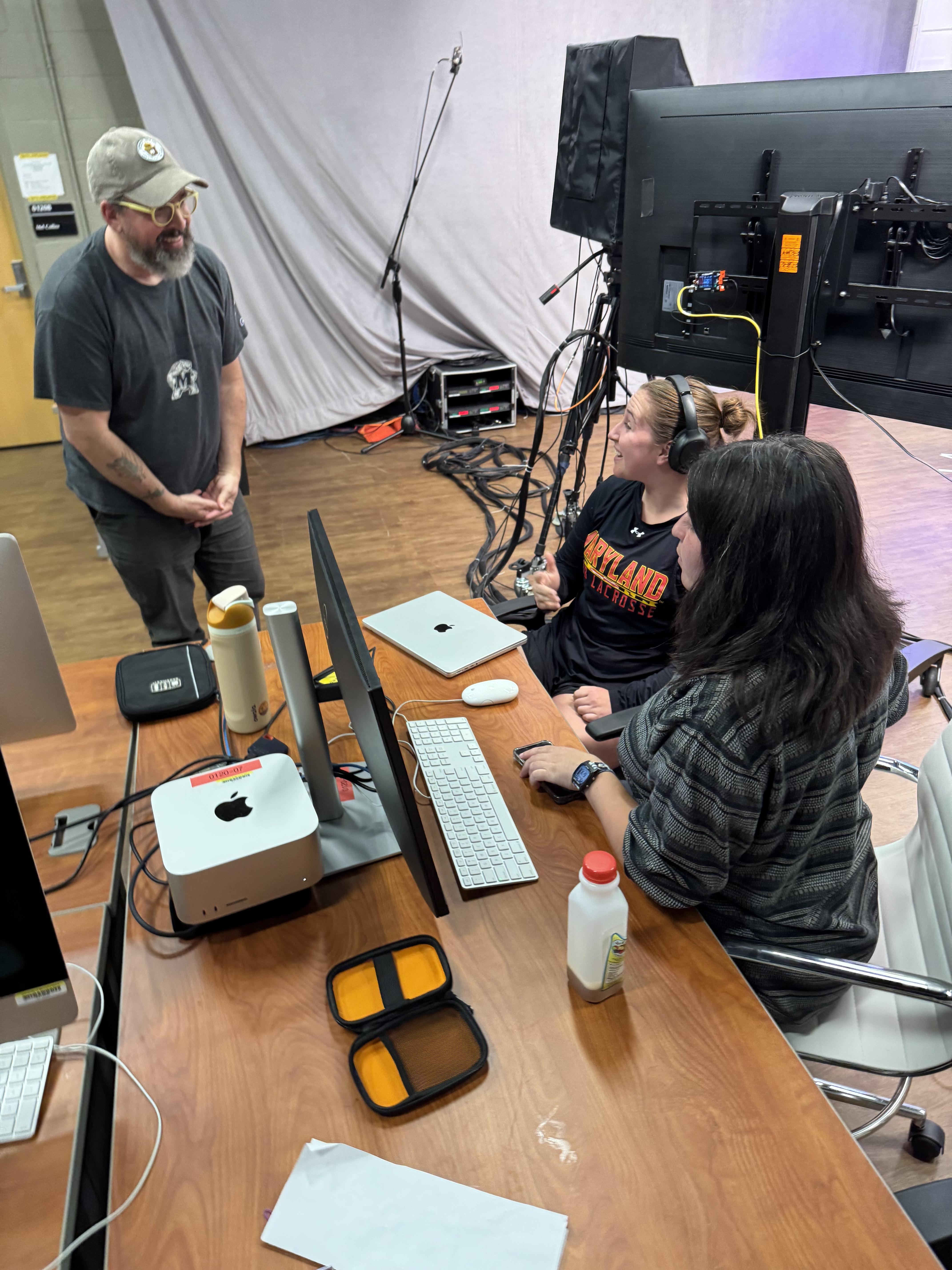
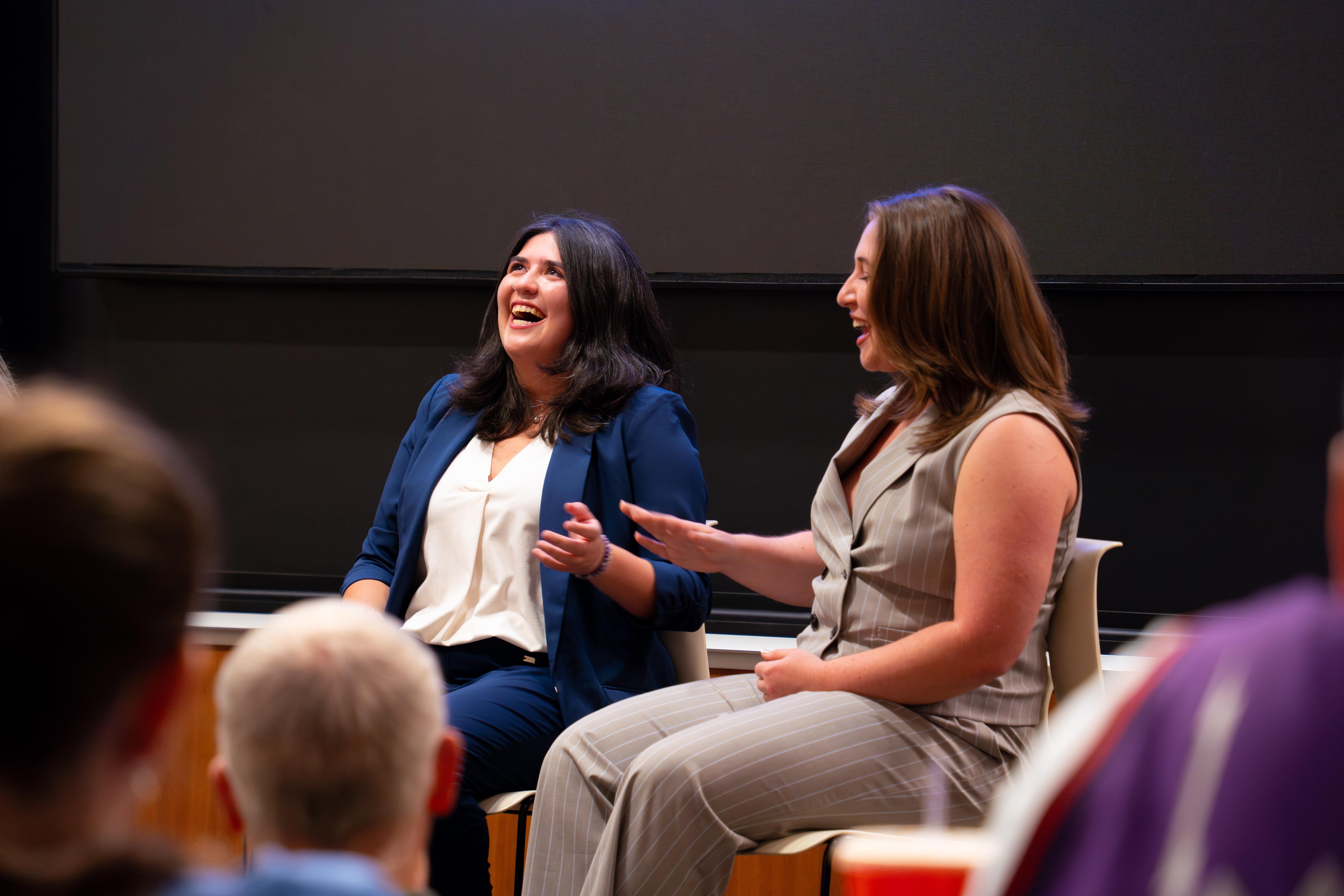
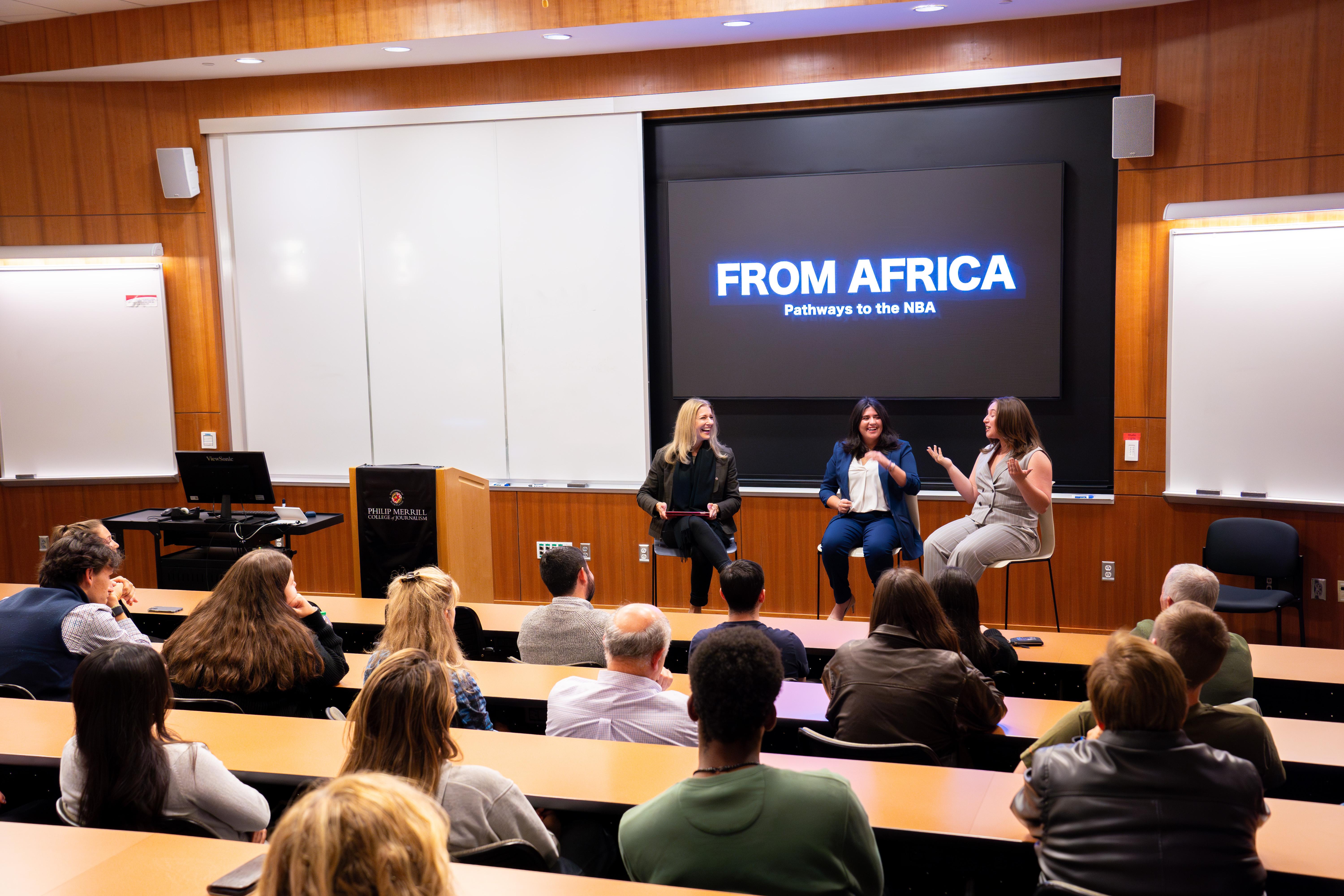

Appreciating cultural differences
Before traveling across the world to Senegal and Rwanda, each reporter prepared for a different experience from a typical day at Merrill College — different cultures, language barriers and time zone changes.
“Yeah I was pretty nervous going in,” Weissel said. “I had a good amount of reporting experience in the U.S., but you don’t know how much that will translate.
“I'm so used to life in America, so accepting that things are different than what you’re used to is tough.”
Concerns regarding languages, media accessibility and public perception were on the students’ minds. Senegal and Rwanda sit in the lower half of Reporters Without Borders’ 2024 World Press Freedom Index, meaning the media is more restricted than in the U.S. and citizens are less comfortable talking with journalists.
Weissel recalled an instance where it was tough to get people on the street to speak with him.
“As a white student going up to strangers asking a lot of questions, it took some convincing,” Weissel said. “So there were struggles to interview people, but overall we met so many friendly people.”
The course helped Weissel learn to report through observing the details around him, like the basketball culture at the academy and at the games, and the limited public access to basketball facilities around the countries.
Mouhamed Moriba Cissokho, the School of International Training’s custom programs assistant and leader for Senegal programs, assisted Merrill students with the cultural and language adjustments.
“He was our guy in Senegal,” Merrill College senior Matthew Neus said. “He translated for us but he also lives in Senegal, so he could tell us about the landmarks and what to expect.”
Cissokho, viewed as more than a translator on the trip, was a constant bridge for Merrill students who wanted to explore their surroundings aside from reporting assignments.
Students went on a safari at Akagera National Park, east of Kigali and on the border of Tanzania; attended the BAL4HER showcase game in Rwanda featuring top African women’s basketball players; attended a World Cup qualifying match between Senegal and the Democratic Republic of the Congo in Dakar; and visited the Kigali Genocide Memorial.
Learning experiences, future of Povich Center study abroad
The 10 students studying abroad in Africa had what Hyman called a “transformative” experience. The students agreed.
Bloom and Wootten had never collaborated on a documentary before.
“I went into Merrill not having an opportunity to experiment with video gear until I arrived,” Bloom said. “Then I learned more about it, went on the trip and now it’s like, ‘OK, I need another documentary to direct.’”
Wootten said the experience provided further confirmation of what she wants to do in her career.
Weissel enjoyed immersing himself in other countries and cultures, and interviewing people from far different backgrounds from himself. He said the experience helped him grow as a journalist, and he encourages others with similar opportunities to “absolutely” take them.
“Opportunities like this will only make you a better reporter, and will only make you a better person,” Weissel said.
Hyman said the Povich Center’s first abroad trip made a difference for all of the students.
“It was a life-altering experience for the 10 young people,” Hyman said. “I am confident that those 12 days affected the way students think about journalism, the role of journalism in their lives and in society.”
